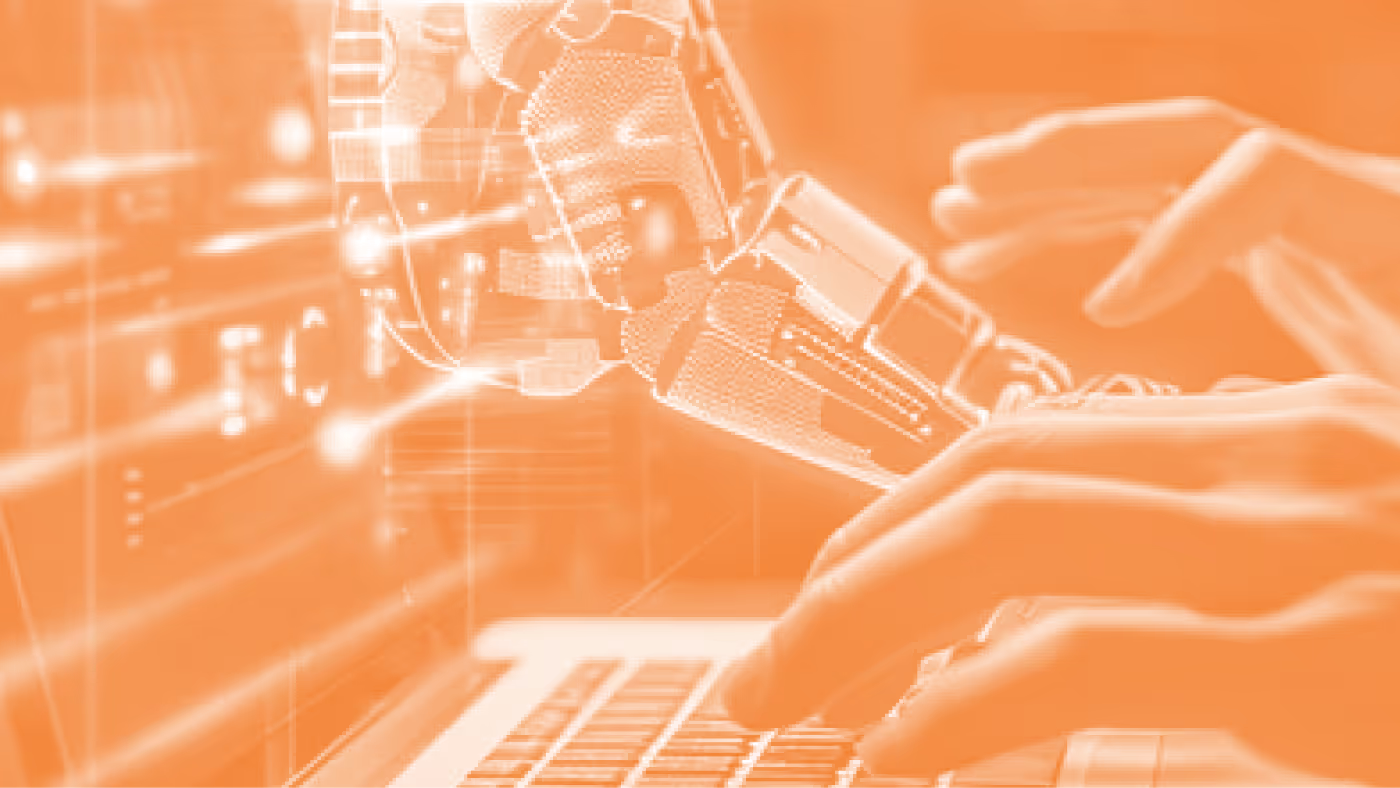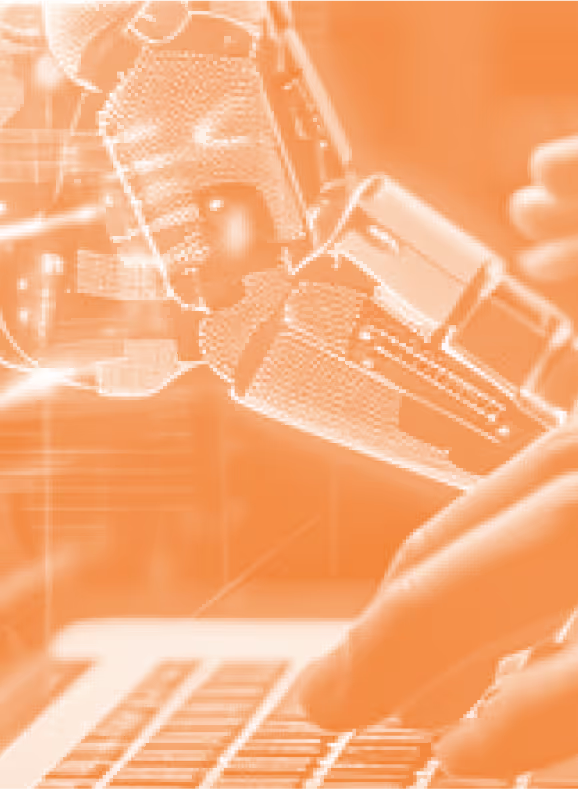Industry Predictions: The Future of RevOps automation training
RevOps (Revenue Operations) has rapidly evolved from a supporting function to a strategic imperative, a shift driven largely by the increasing complexity of the B2B sales landscape. As companies navigate fragmented customer journeys and a proliferation of sales and marketing technologies, the need for integrated, data-driven revenue strategies becomes paramount. This evolution underscores the critical role of RevOps in aligning sales, marketing, and customer success teams, optimizing processes, and ultimately, accelerating revenue growth. The future of RevOps hinges on its ability to leverage automation and AI, and consequently, the demand for specialized RevOps automation training is set to skyrocket.
The Current State of RevOps and Automation Integration
Currently, many organizations are in various stages of RevOps maturity, with some still grappling with basic data silos and manual processes. However, a significant trend is the growing recognition of automation's transformative power within RevOps. Automated workflows, CRM integrations, and sales engagement platforms are already common tools. Yet, the true potential of automation—moving beyond task-level efficiencies to strategic, predictive insights—remains largely untapped. The challenge lies in equipping RevOps professionals with the skills to design, implement, and manage these sophisticated automated systems.
Challenges in Current RevOps Automation Adoption
Despite the clear benefits, several hurdles impede widespread RevOps automation adoption. According to a 2023 report by HubSpot, a primary challenge is the lack of skilled personnel capable of effectively deploying and managing automation tools. Many existing RevOps teams consist of individuals with diverse backgrounds, often lacking specialized training in advanced automation, data science, or AI. This skills gap necessitates a robust approach to RevOps automation training that can upskill current professionals and attract new talent.
Another significant challenge is the sheer volume and complexity of available AI and automation tools. Companies often suffer from "tool overwhelm" (a concept we consistently address at AutomateRevOps), making it difficult to select, integrate, and optimize the right technologies for their specific needs. This often leads to underutilized software and fragmented workflows, highlighting the need for strategic guidance and comprehensive training to navigate this intricate ecosystem.
Emerging Trends Driving the Demand for RevOps Automation Training
The landscape of B2B revenue generation is undergoing continuous transformation, fueled by several key trends that will profoundly impact the future of RevOps automation training.
AI and Machine Learning in Revenue Operations
The integration of Artificial Intelligence (AI) and Machine Learning (ML) is perhaps the most significant trend shaping RevOps. AI-powered tools are moving beyond simple automation to predictive analytics, prescriptive recommendations, and intelligent process optimization. For instance, AI can analyze vast datasets to identify ideal customer profiles, predict churn risk, and even suggest optimal pricing strategies. As a 2024 Salesforce report indicates, companies leveraging AI for sales forecasting see a significant increase in forecast accuracy. This shift demands RevOps professionals who can not only use AI tools but also understand their underlying logic, interpret their outputs, and strategically apply their insights to drive revenue.
Hyper-personalization at Scale
Customers today expect highly personalized experiences across all touchpoints. RevOps automation, particularly when powered by AI, enables companies to deliver hyper-personalization at scale. From tailored email campaigns to dynamic website content and personalized conversational AI, automation facilitates relevant and timely interactions. Training in this area will focus on leveraging data to segment audiences, deploy dynamic content, and personalize communication sequences effectively, ensuring that every customer interaction contributes to pipeline acceleration.
The Rise of Low-Code/No-Code Platforms
Low-code and no-code platforms are democratizing automation, allowing business users without extensive coding knowledge to build complex workflows and applications. This trend is a game-changer for RevOps, empowering teams to rapidly experiment, iterate, and deploy automation solutions without heavy reliance on IT departments. RevOps automation training in this domain will equip professionals to harness these platforms, fostering a culture of agile development and continuous improvement within revenue operations. This aligns with approaches like the "Clay mastery" we advocate, enabling proficiency in powerful data orchestration platforms.
Data Orchestration and Integration Complexity
As the number of tools and data sources grows, the ability to seamlessly orchestrate and integrate data across the revenue tech stack becomes critical. RevOps professionals need to be adept at managing complex integrations, ensuring data integrity, and establishing a single source of truth for all revenue-related information. Future training will emphasize data governance, API management, and building robust data pipelines to support advanced automation and analytics.
Key Pillars of Future RevOps Automation Training Programs
Effective RevOps automation training programs will need to be comprehensive, practical, and forward-looking, addressing the evolving skill requirements of the industry.
Advanced Automation Tools and Platforms
Training will move beyond basic CRM automation to cover advanced platforms like marketing automation, sales engagement, customer success platforms, and increasingly, specialized AI/ML tools. Focus will be on holistic tool integration and leveraging platform capabilities for end-to-end process automation. Mastery of data enrichment and sales intelligence tools, like Clay, will become foundational.
Data Analytics and Business Intelligence for RevOps
Proficiency in data analytics is non-negotiable. Future RevOps automation training will include advanced data modeling, predictive analytics, and the use of business intelligence (BI) tools to extract actionable insights from revenue data. Professionals will learn to interpret complex dashboards, identify trends, and use data to inform strategic automation decisions.
AI and Machine Learning Fundamentals
A foundational understanding of AI and ML principles will be crucial. This doesn't necessarily mean becoming a data scientist, but rather understanding how AI algorithms work, their limitations, ethical considerations, and how to effectively deploy and manage AI-powered automation solutions. This includes understanding how to engineer prompts for generative AI in a revenue context.
Process Design and Optimization Methodologies
Automation is only as effective as the processes it supports. Training will emphasize best practices in process mapping, optimization, and change management. RevOps professionals will learn methodologies like Six Sigma or Lean to identify bottlenecks, streamline workflows, and design efficient automated processes that drive the "Revenue Tornado" effect—accelerated and sustained revenue growth.
Strategic Thinking and Business Acumen
Beyond technical skills, future RevOps leaders will require strong strategic thinking and business acumen. Training will foster an understanding of the broader business objectives, market dynamics, and customer needs, enabling professionals to align automation initiatives with overarching revenue goals and contribute to strategic decision-making.
Conclusion
The future of RevOps is undeniably intertwined with the power of automation and AI. As organizations seek to achieve unprecedented levels of efficiency, personalization, and predictable revenue growth, the demand for highly skilled RevOps professionals adept in automation will intensify. RevOps automation training will be the cornerstone for individuals looking to thrive in this evolving landscape and for companies aiming to build resilient, high-performing revenue operations. At AutomateRevOps, we help B2B professionals and companies stop drowning in AI tool options and start accelerating revenue through systematic Clay mastery and Revenue Tornado methodology. To stay ahead in this dynamic field, subscribe to our newsletter to get access to +$1000 value in templates and tutorials, early access to promotions and product launches and exclusive invitations to private workshops: https://www.automaterevops.ai/newsletter-sign-up
Frequently Asked Questions
What is RevOps automation training?
RevOps automation training equips professionals with the skills to leverage software and AI to streamline revenue-generating processes across sales, marketing, and customer success. This includes learning to implement, manage, and optimize automated workflows, integrate various tech stack tools, analyze data, and apply AI and machine learning for predictive insights and hyper-personalization, ultimately accelerating revenue growth.
Why is RevOps automation training becoming crucial?
RevOps automation training is becoming crucial due to the increasing complexity of B2B sales, the demand for hyper-personalization, and the rapid advancements in AI and automation technologies. Companies need professionals who can strategically integrate these tools to overcome data silos, optimize customer journeys, and drive predictable revenue, making specialized training essential for career advancement and business success.
What key skills are covered in future RevOps automation training?
Future RevOps automation training will cover advanced automation tools, data analytics and business intelligence, AI and machine learning fundamentals, process design and optimization methodologies, and strategic thinking. This comprehensive approach ensures professionals can not only operate but also strategically design and manage sophisticated automated revenue operations systems.
How will AI impact RevOps automation training?
AI will profoundly impact RevOps automation training by shifting the focus from basic task automation to predictive analytics, prescriptive recommendations, and intelligent process optimization. Training will emphasize understanding AI algorithms, interpreting their outputs, and strategically applying AI insights to identify ideal customer profiles, predict churn, and optimize pricing, enabling more data-driven revenue decisions.
What are low-code/no-code platforms and why are they relevant to RevOps training?
Low-code/no-code platforms allow business users to build complex workflows and applications without extensive coding knowledge. They are highly relevant to RevOps training because they empower teams to rapidly develop and deploy automation solutions, fostering agility and continuous improvement. Training in these platforms enables RevOps professionals to independently optimize processes, reducing reliance on IT and accelerating implementation.
How does data orchestration relate to RevOps automation training?
Data orchestration is critical for RevOps automation training as it involves seamlessly integrating and managing data across various tools in the revenue tech stack. Training will focus on ensuring data integrity, building robust data pipelines, and establishing a single source of truth. This skill is essential for supporting advanced automation and analytics, enabling accurate insights and efficient operations.

















